Clinical trials from NHS Grampian are helping improve the lives of cancer patients while curtailing the disease across the north-east and attempting to attract staff to the region.
With NHS figures showing that one in two people will develop some sort of cancer in their lifetime, research and collaboration is vital in not only treating people with the disease, but as a preventative measure as well.
NHS Grampian has traditionally been involved in clinical research in cancer and it remains the health board’s main area of research, saying that there is a number of trials currently ongoing.
Like most things during Covid-19, research was negatively affected, but it is now back up and running and back to pre-pandemic levels.
And it is hoped top clinicians with an interest in it will be attracted to NHS Grampian to be part of the groundbreaking research at a time resources are stretched.
‘Tailor treatment better to individual patients’
NHS Grampian has a strong working relationship with Aberdeen University when it comes to research at Foresterhill’s Suttie Centre.
Consultant breast surgeon Beatrix Elsberger said: “Giving patients the opportunity to participate in clinical trials gives them the opportunity to take part in innovation and be part of changing treatments for the future to gain knowledge.”
Clinical trials involving a new drug, device or surgical technique go through a lot of safety measures before a patient is exposed to it.
Calling it a “controlled environment”, Miss Elsberger says this consists of going through ethics and several committees, where the findings can impact or change clinical practice for the better for future patients.
One of the UK-wide trials that NHS Grampian runs at the Aberdeen Breast Unit is Atnec, which looks at further treatment to the armpit after surgery to remove breast cancer.
Miss Elsberger is a steering group member of Atnec and the Aberdeen unit is the second highest UK recruiter into the trial.
Inspired by the phrase “no innovation without validation”, she believes validation itself comes through research.
‘No innovation without validation’
NHS Grampian is focussing on the move to precision medicine, which looks at the genetics, environment and lifestyle of a person in order to select the treatment that could work best for them on an individual level.
By working with the university, the health board is able to get more funding for trials and expand its research, as consultant clinical oncologist Rafael Moleron explains.
He said: “We can work in a more aggressive way to provide the entire spectrum of knowledge.”
For example, in terms of breast cancer research, NHS Grampian is trying to have a clinical trial for every single setting and for each stage of cancer (early, advanced and metastatic).
A biorepository at Aberdeen Royal Infirmary allows researchers from the university to work with a range of high-quality tumours, normal specimens and clinical data obtained from patients across the region.
The health board has also significantly invested in robotic surgery, with £5.7m being invested in three devices in 2020, as well as ARI being home to Scotland’s first robotic-assisted surgical system in 2015.
This is particularly fitting, as the world’s first whole-body MRI scanner was developed by a team at Aberdeen University, led by the late John Mallard.
Research roles can help with recruitment
It is has been well publicised that NHS Grampian has had issues with staff recruitment over the years and this is no different when it comes to jobs in research.
However, Mr Morelon believes those with an interest in the field should consider a move to the north-east.
He said: “I think it’s important that people out there know, people who have an interest in working in research, basic, relational or clinical research, that Aberdeen is a place where they can find interesting jobs.
“This is a place where there is indirect interesting activity and I think we do a decent bit of research. There are very interesting roles around.”
The health board is therefore trying to encourage people who have experience to apply for these roles, but also people looking for a career change, with another focus being on trainees.
Included in this approach is to bring them into the clinical setting and encourage them to undertake different studies and projects, with there being many opportunities to be active in research.
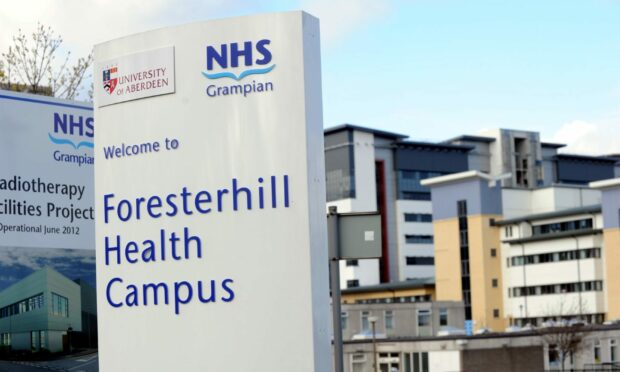
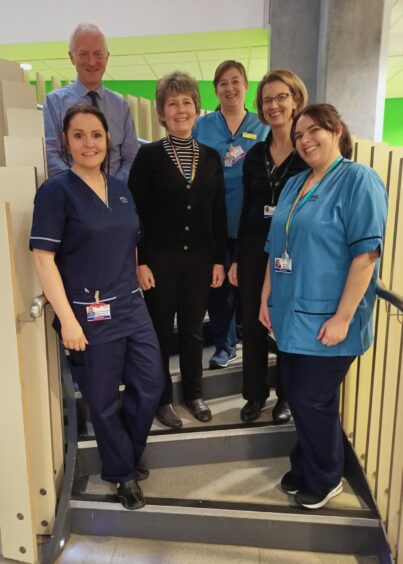
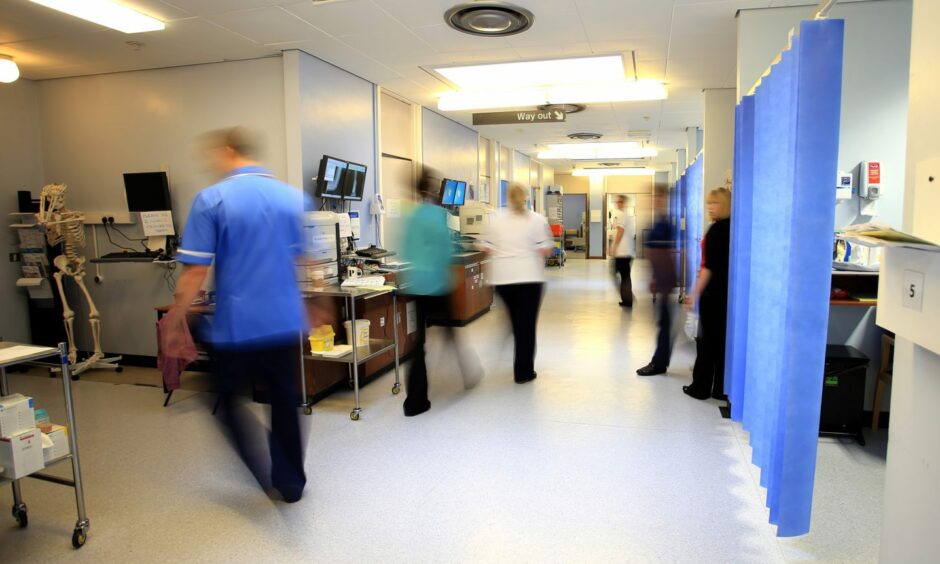
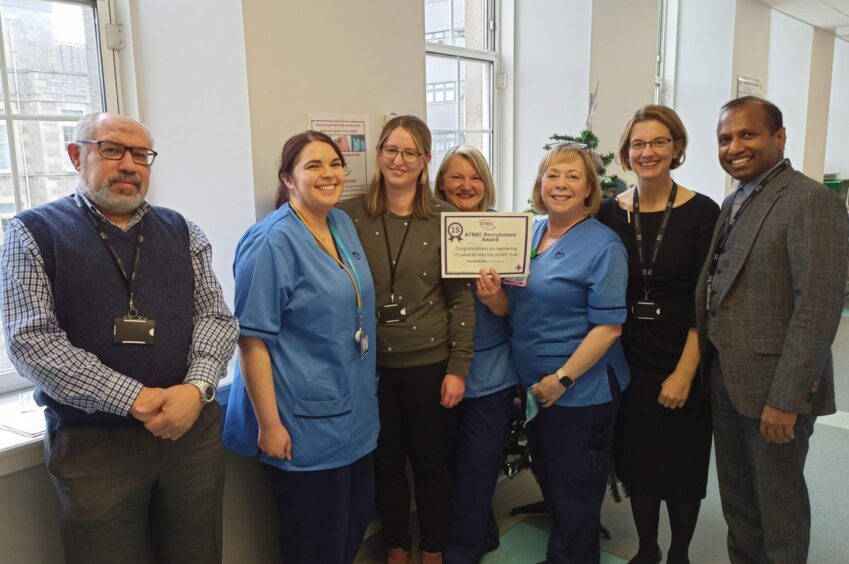
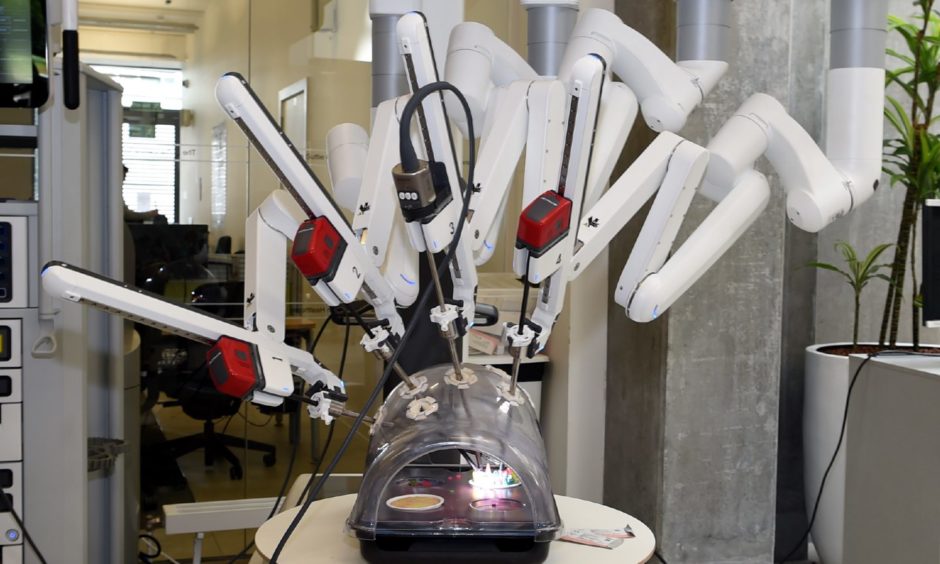
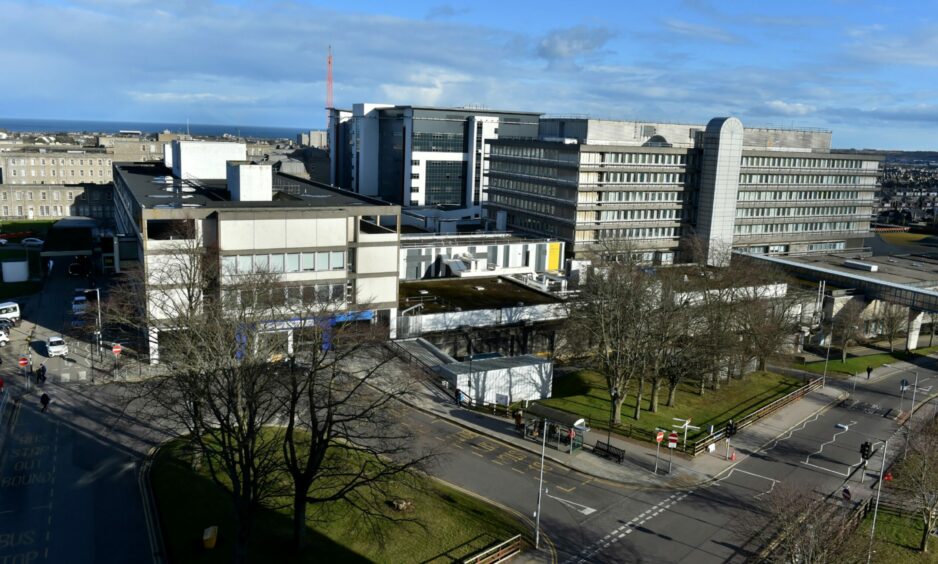
Conversation